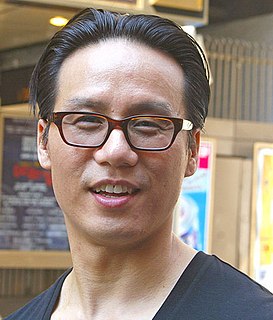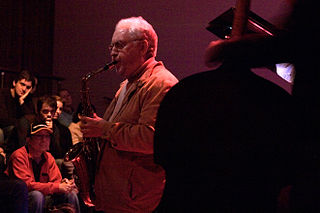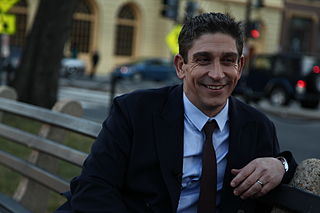A Quote by Drake
Related Quotes
Elements within Malcolm's X own entourage, some of them were very angry with some of the changes that had occurred with Malcolm. One source of anger, curiously enough, was that - was the tension between MMI and OAAU, that the MMI, the Muslim Mosque Incorporated, these were women and men who had left the Nation of Islam out of loyalty to Malcolm, but then Malcolm continued to evolve rapidly.
I have a fear of labels. If someone labels me, I have to respond - do I acknowledge it, reject it, deny it, live up to it, and defy it? Labels can affect your ability to be yourself. If you're not careful, like I wasn't when I was young, that can take a toll on you. You find yourself conforming to everyone else's ideas of who you are.
The man who buried Malcolm X - my Muslim imam, priest - he, after I got beat up by police... came to me, and he said, 'You don't need this American name.' And I was susceptible to it at the time because, God knows, I had just gotten whipped near to death. So he gave me an Arab name; he gave me the name Amir Barakat.


































